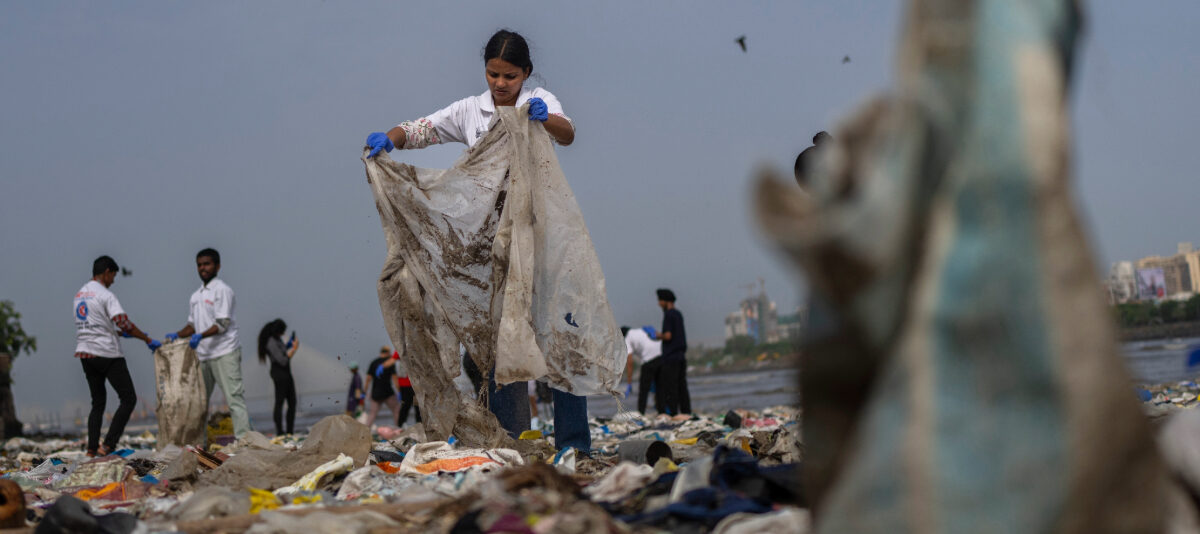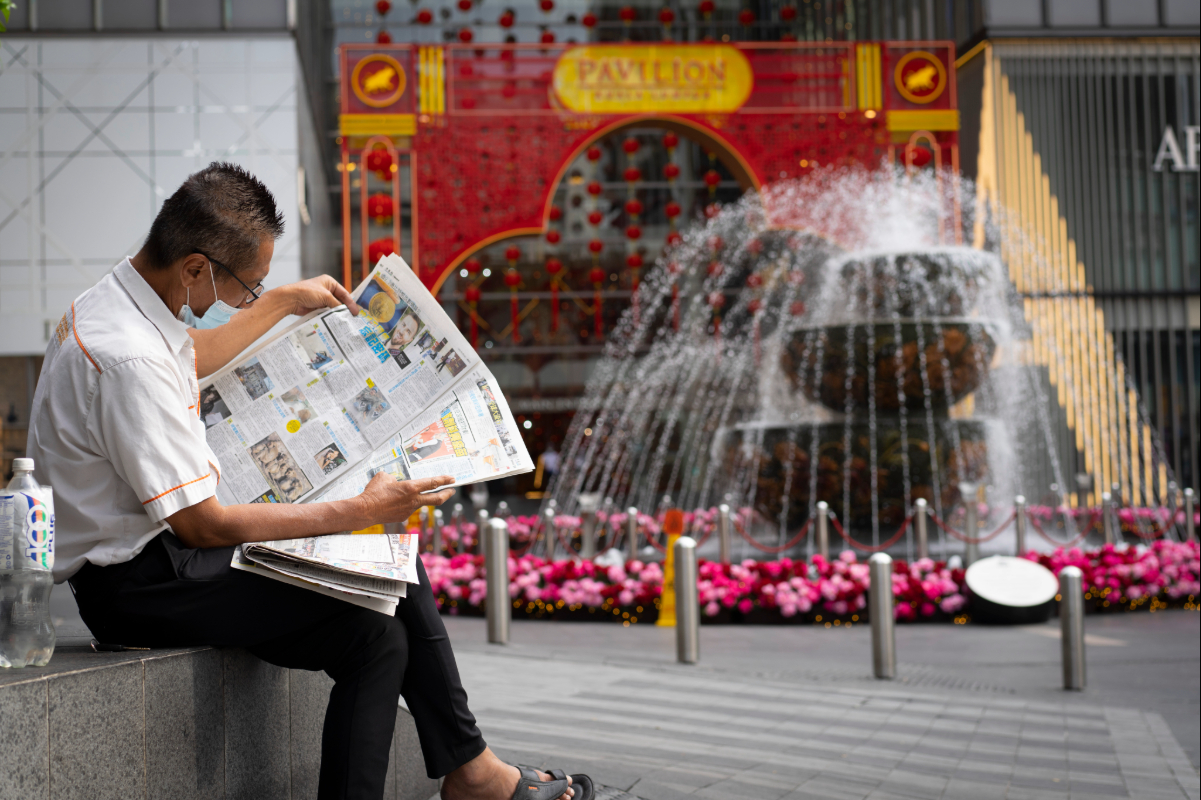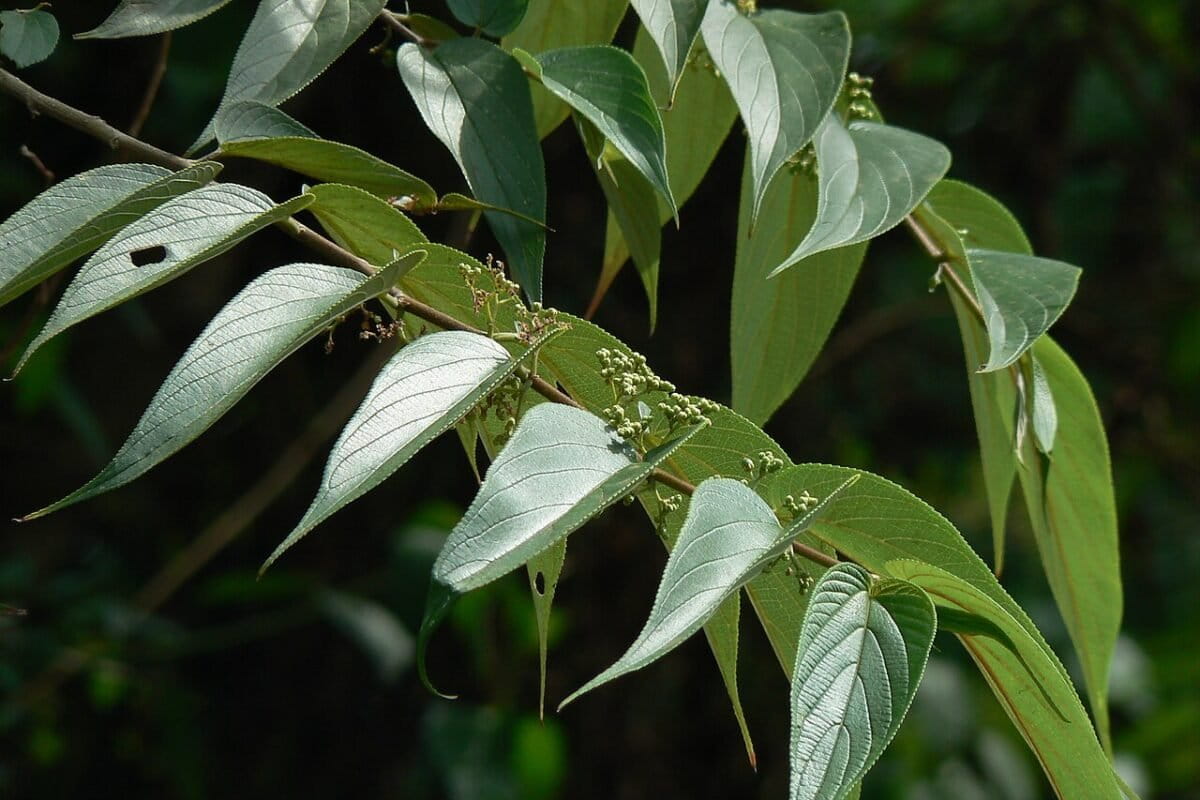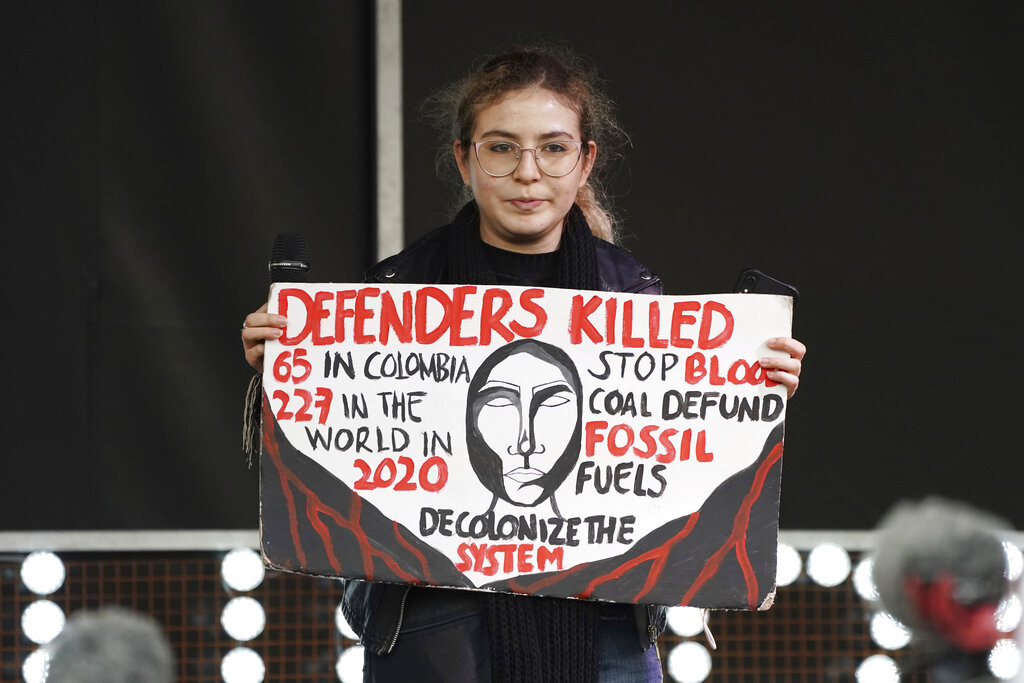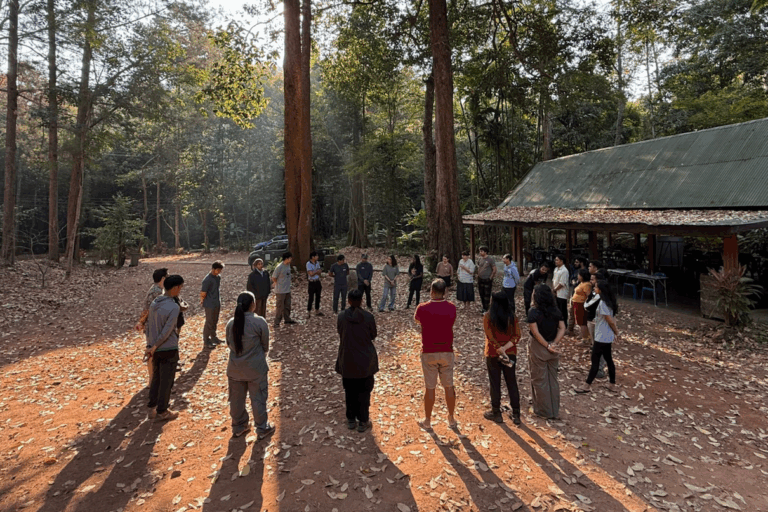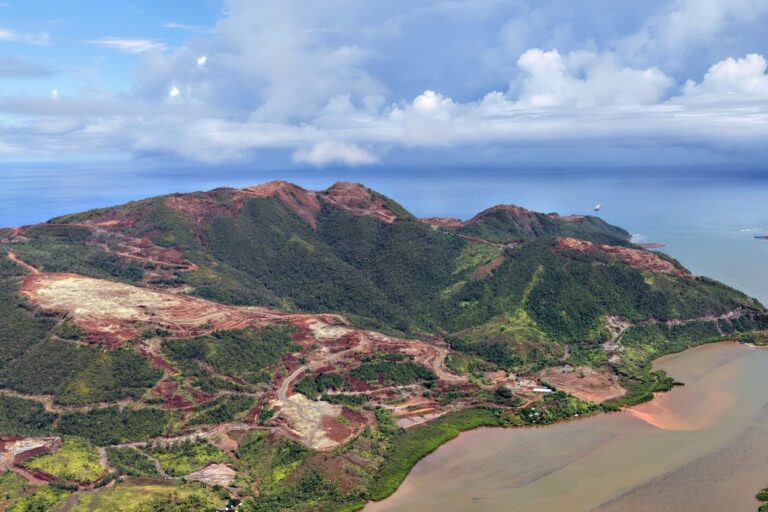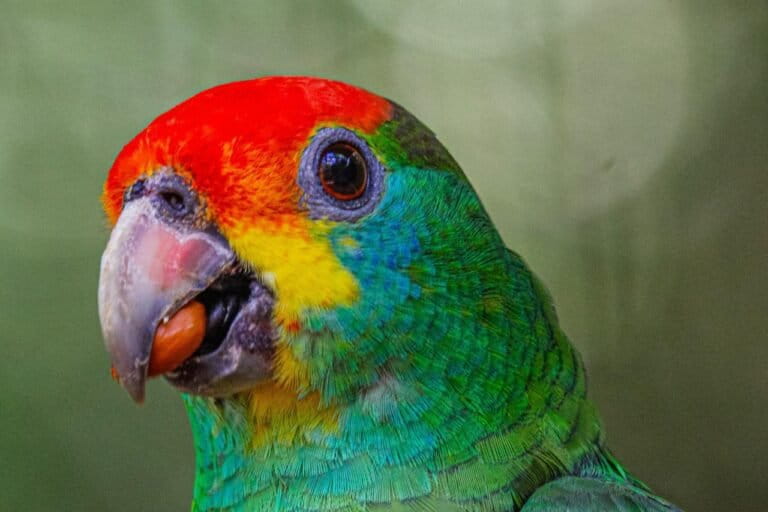- From distrusting journalism to becoming an environmental journalist, Lee Kwai Han learned that the commitment to ethics and the pursuit of truth are the core to journalism.
- In this commentary, she shares her thoughts on access to information as a form of power for civic participation and on journalism as the means of transmitting information to enable civic participation. She also thinks both journalists and news users should play their roles in shaping the information ecosystem, including demanding transparency in journalism, governments and corporations to ensure information access.
- “In the hope that informed citizens can make better decisions for the planet we share, we need a society that values facts and demands transparency beyond newsrooms. It includes demanding transparency from governments and corporations. We need good access to information to inform the public, who in turn can demand good governance over natural resources and respond to survive the climate crisis,” she writes.
- This commentary is part of Our Letters to the Future, a series produced by the Y. Eva Tan Conservation Reporting Fellows as their final fellowship project. The views expressed are those of the author, not necessarily Mongabay.
“What‘s wrong with the media?” I texted a friend on WhatsApp in July 2021. That was during the COVID-19 pandemic, when we were constantly flooded with information about infection cases around us, changes in movement restriction rules and vaccination plans. However, we were both getting frustrated with the false information and sensational headlines that we encountered frequently.
At that time, I was not a journalist and never had I thought of becoming one. But now, I strive to be the journalist that I once longed for to help me make sense of the confusing world.
Yet, who are journalists? The Merriam-Webster Dictionary defines a journalist as “a person employed by a newspaper, magazine, or radio or television station to gather, write, or report news.” Searching on other online dictionaries yields similar results. But in the digital age, anyone can gather and publish information online, in text, video and audio. The dictionaries’ definitions do not satisfy me.
Over the past three years in environmental journalism, I have been searching what it truly means to be a journalist. I learned that the answer lies in the commitment to ethics in journalism.
Access to information is key to participate
Before becoming a journalist, I organized a collective group that explored ways to engage local communities on environmental issues. In one project to raise river awareness in a neighborhood, I realized how unequal access to information could create power imbalances. One community with stronger connections and knowledge had a louder voice in shaping how riverside spaces would be used, while the other community was left unheard.
That was the first time I learned that access to information is a form of power. This power dictates how well a person can participate in public decision-making. In a society, journalism serves as a nervous system — it receives information and informs the public, enabling meaningful civic participation. And we are in dire need of a healthy nervous system.

Resolving a trust crisis with journalism
More than a year after that project, in 2022, I assisted an experienced journalist in investigating river pollution linked to pig farming communities in Penang, the Malaysian state where I am based. As the reporting trip got closer, I felt increasingly anxious. I worried that the story would turn out to be one of those sensational, one-sided pieces that I had come to despise during the pandemic. I was facing a trust crisis with journalism.
Determined to find out whether I could trust her, I made a plan. The day before we departed, I asked her about her motivation for the story, her reporting plan, and I questioned what she would do if our findings contradicted her hypothesis. The science training back in my university days had taught me to put ideas to the test and learn from them. During the trip, I often asked her what she was thinking, and we debriefed each night to refine our approach.

When the story was published, I held my breath as I read it. To my relief, the story captured the complexity and nuances that we had observed. My blanket distrust of journalists was proven wrong. But I came to wonder: How did she turn our field reporting work into such a story? What went on after the investigation phase that I was part of?
Putting trust in the journalistic process
Not long after, I started working as a freelance environmental journalist, contributing stories to a local environmental newsroom, Macaranga, and later, Mongabay. With them, I experienced the painstaking editing process firsthand. I learned that turning field reporting work into a truthful story takes a team devoted to ensuring accuracy, fairness and clarity.
In my work, after reporting, I usually transcribe interviews, annotate key points from policy documents and scientific papers and write and verify every fact in my draft. I also gather and choose photographs or make charts. After submitting the draft, came the editors’ questions — probing for more evidence, questioning assumptions and weeding out bias. It takes multiple rounds of editing and fact-checking to make the story into its final draft, one that is qualified to serve its readers.
Finally, text, photographs and charts are laid out for publication. Behind every story is a collective act of accountability beyond the byline.
But what’s holding the team together to commit to this collective act?
Ethics: The core of journalism
I found the clearest answer during my six-month Y. Eva Tan Conservation Reporting Fellowship with Mongabay. What holds journalism together is not just producing stories, but a shared commitment to ethics and the pursuit of truth.
As fellows, we agreed to comply with the Society of Professional Journalists’ Code of Ethics, Mongabay’s ethics guidelines and The New York Times’ principles of ethical journalism. In our meetings, we are always guided back to ethics to address our uncertainty.

Now that I look back at my notes from my first journalism workshop more than three years ago, ethics in journalism was written there too. Under the “ethics” section in my note for that day, I scribbled “rigorous verifications — other experts, other sources,” “be fair-right to respond,” “do not simplify, romanticise. activism slant.” At that time, ethics felt abstract. But these keywords have been guiding my work.
Ethics guide journalistic choices, from which sources to approach, what questions to ask, to what words or tools to use.
In a recent Mongabay fellows meeting, we discussed the use of artificial intelligence in transcribing interviews, translation and summarizing documents. One point stood out to me: AI might improve efficiency, but it doesn’t change journalists’ responsibilities.
The responsibility to verify facts and commitment to seek truth remain at the core of journalism. They set journalists apart in the changing information landscape.
At the dawn of AI, trust lies in media literacy
Recently, Deutsche Welle reported that a recent study found four AI chatbots — ChatGPT, Copilot, Gemini and Perplexity AI — “mispresent news content 45% of the time.” In this study, journalists assess the AI chatbots’ responses on their accuracy, sourcing, ability to provide context, to editorialize and to distinguish fact from opinion. They found 31% of all answers had “serious sourcing problems” and 20% had “major factual errors.”
But people increasingly use AI chatbots to access information.
Jean Philip De Tender, deputy director-general of the European Broadcasting Union (EBU), which coordinated the study, reportedly said, “They [the news content distortions] are systemic, cross-border, and multilingual, and we believe this endangers public trust. When people don’t know what to trust, they end up trusting nothing at all, and that can deter democratic participation.”
Those words reminded me of my frustration in 2021. Now, standing on both sides of news consumption and production, I see journalists and news users share the responsibility to shape our information landscape. Journalists must be transparent and rigorous, and news users must learn how news is produced and evaluate information they encounter critically.

As an environmental journalist, I report on issues where facts can be politically or economically sensitive. However, access to information remains a challenge, especially in Malaysia where I live and report from, where freedom of information law is still pending.
In the hope that informed citizens can make better decisions for the planet we share, we need a society that values facts and demands transparency beyond newsrooms. It includes demanding transparency from governments and corporations. We need good access to information to inform the public, who in turn can demand good governance over natural resources and respond to survive the climate crisis.
From distrusting journalists to joining their ranks, I have come to better understand the role journalism needs to play for our society to survive.
So, who are journalists? I learned that journalists are people who choose to stand for truth, again and again. In the face of planetary crisis, it is this commitment to seek truth that I’ve witnessed that brings me hope.
Banner image: A man wearing a face mask reads a newspaper outside a shopping mall in downtown Kuala Lumpur, Malaysia, in January 2021. Malaysian authorities imposed tighter restrictions on movement at the time to try to halt the spread of COVID-19. Image by AP Photo/Vincent Thian.



